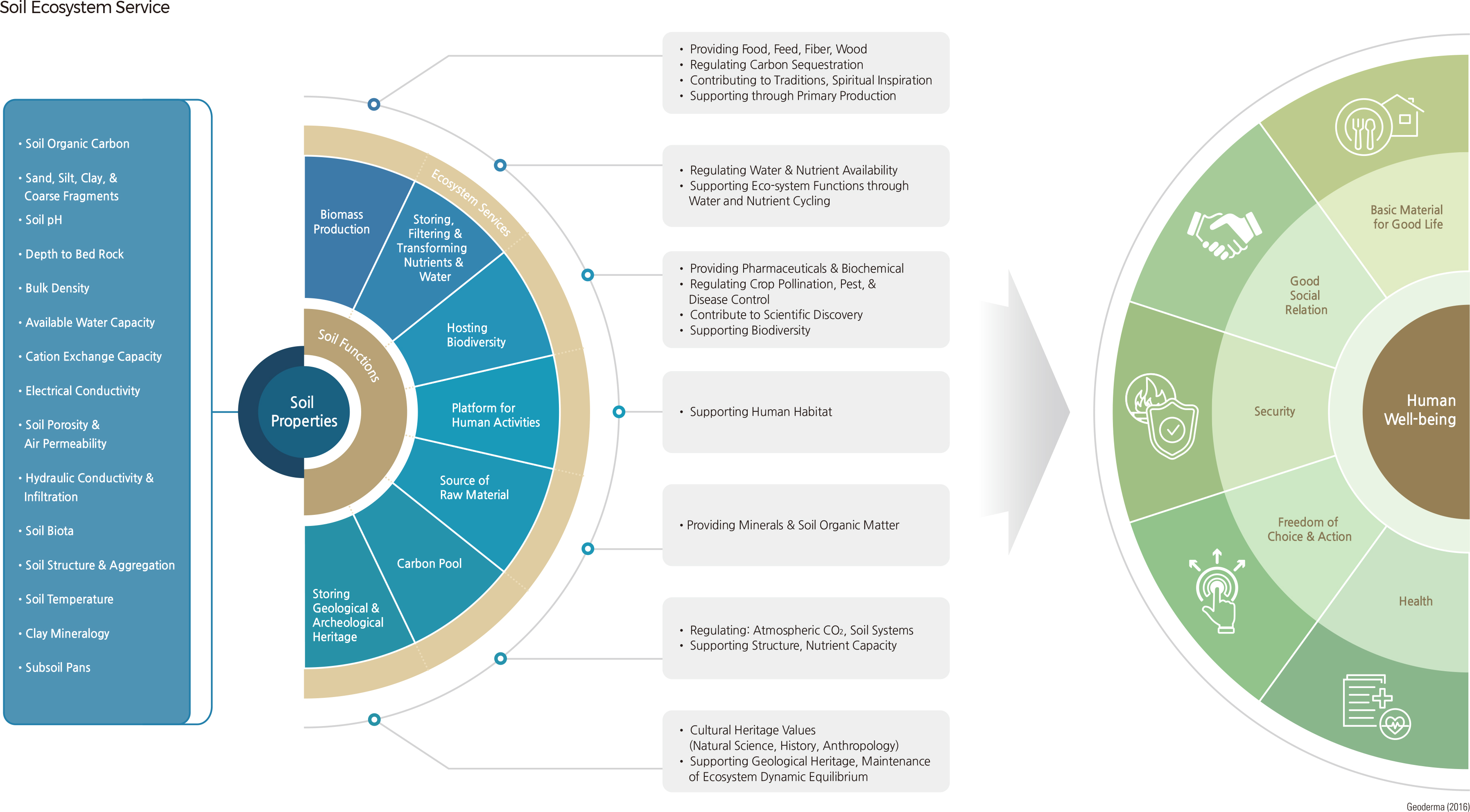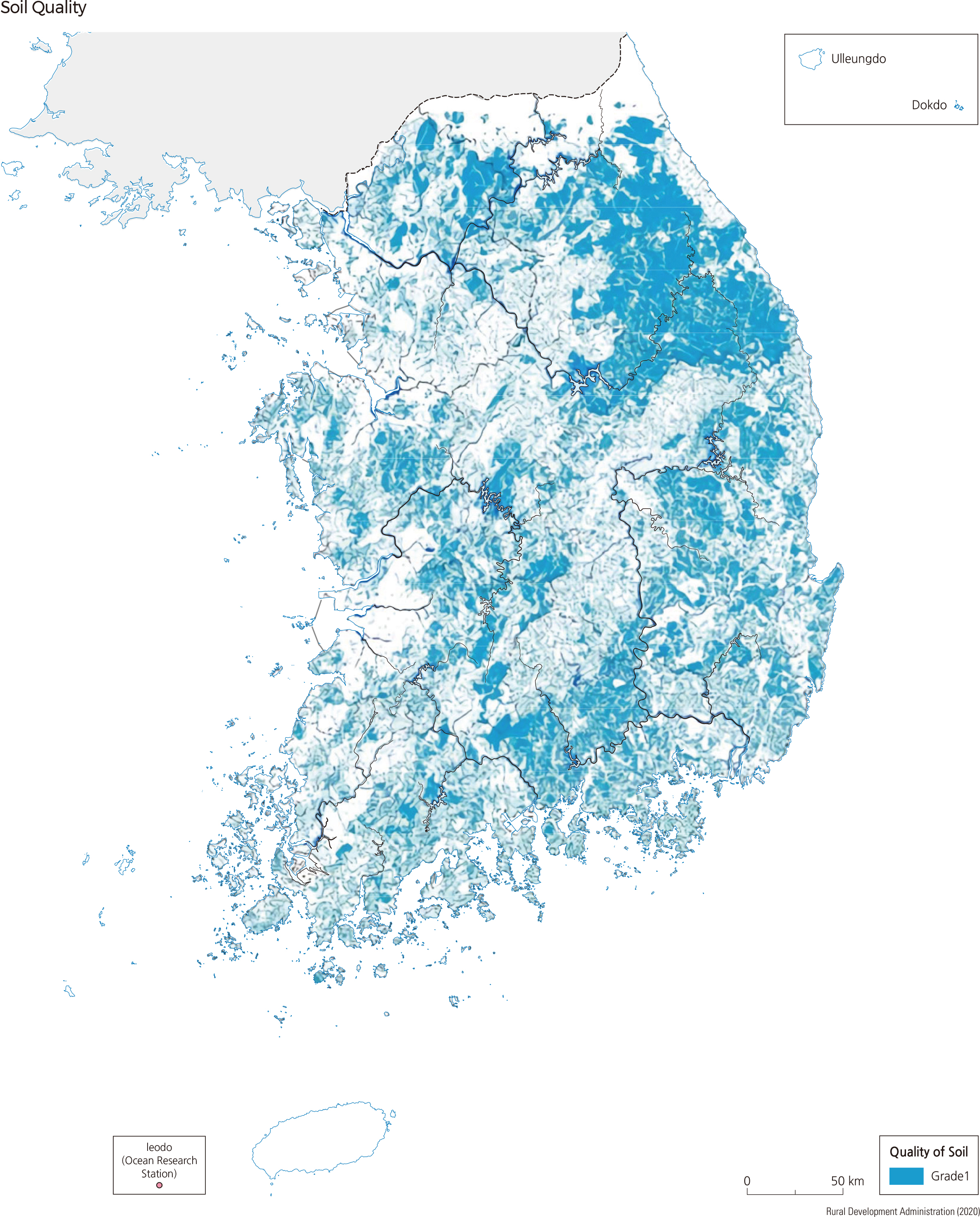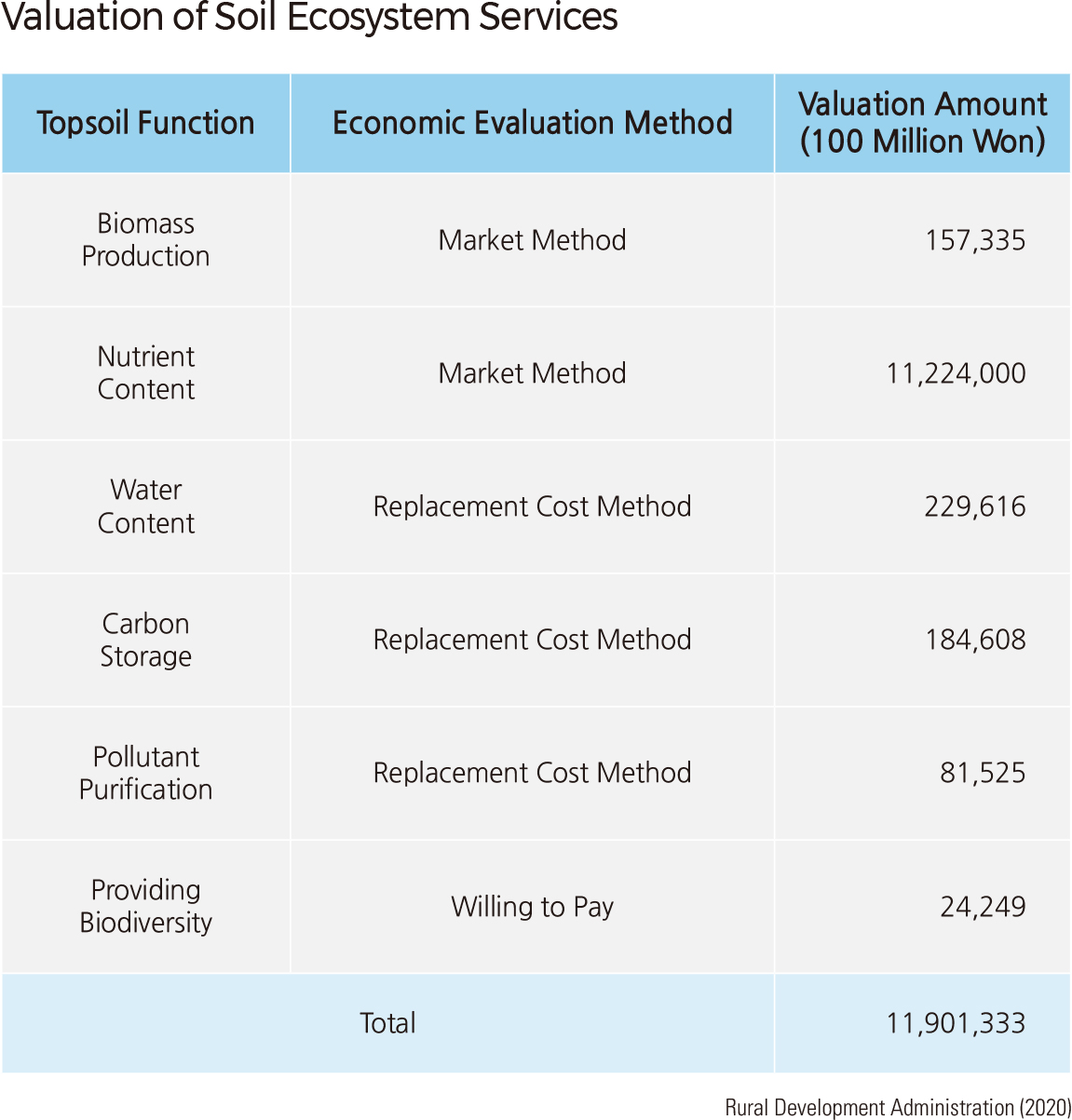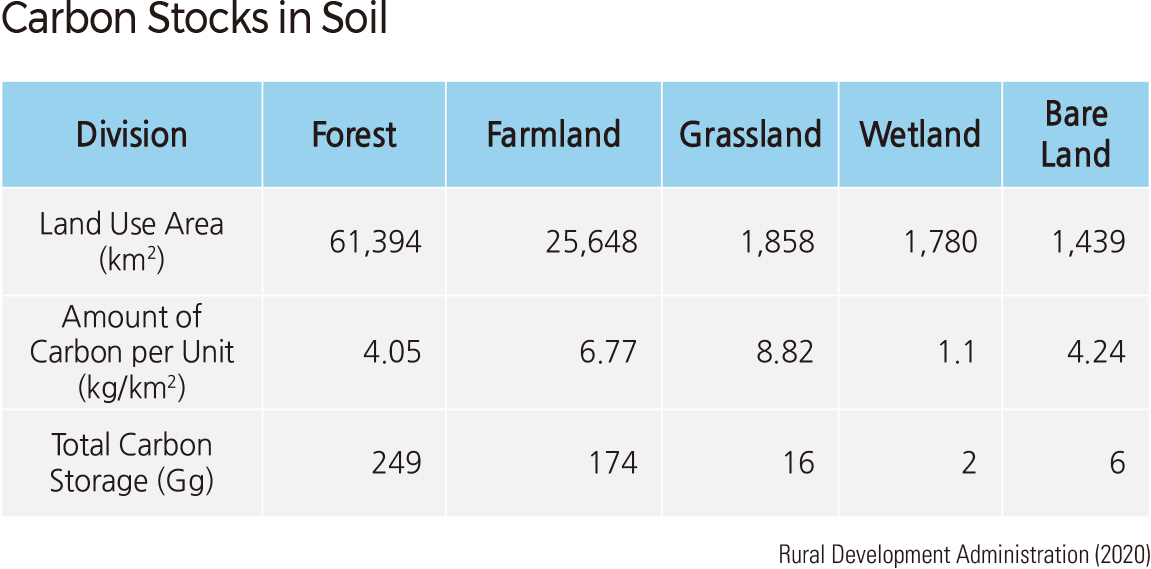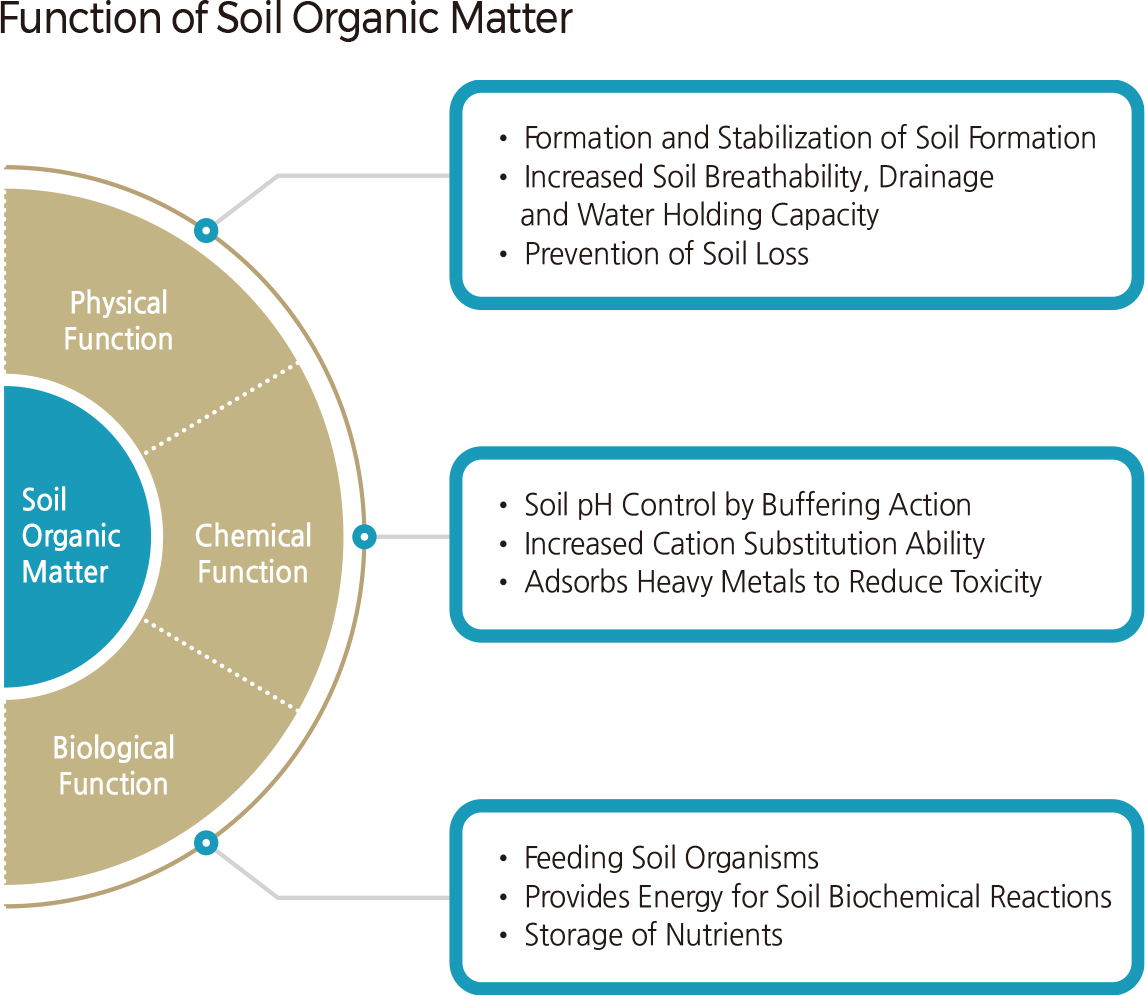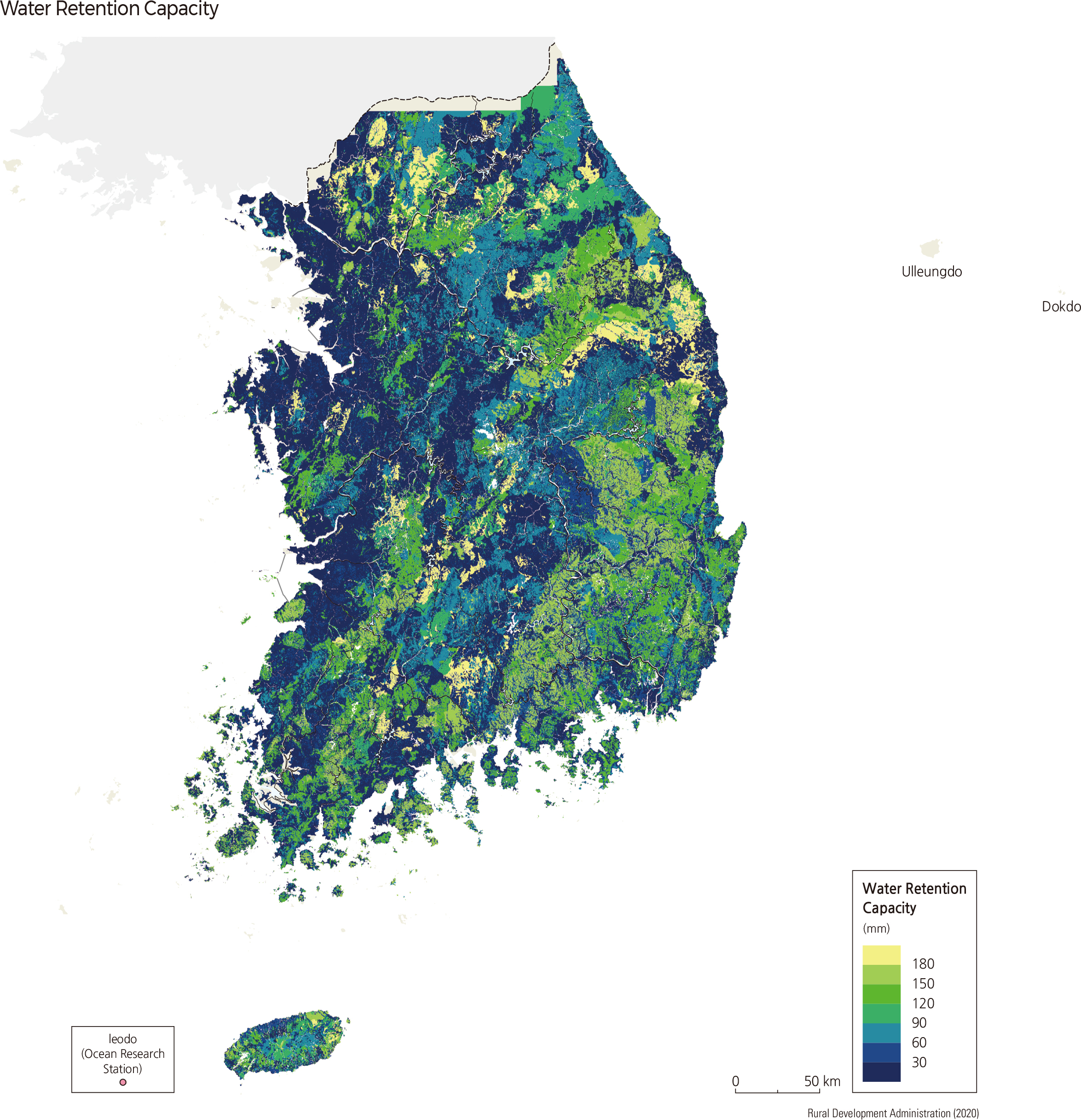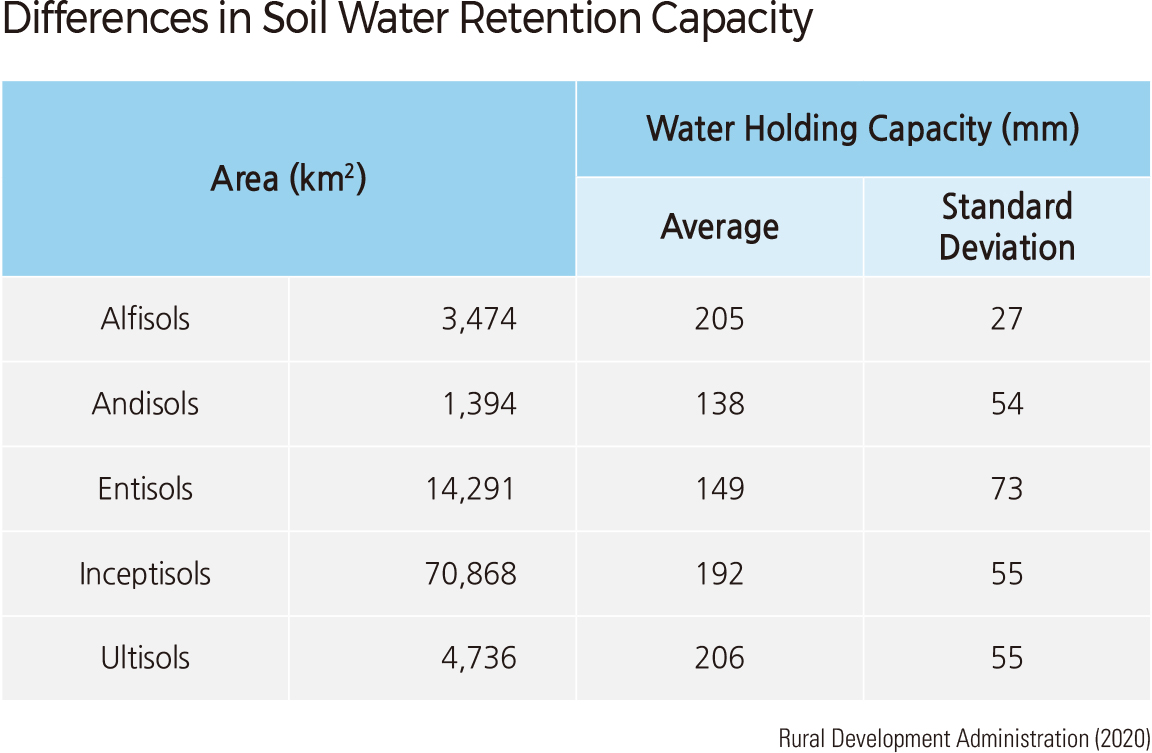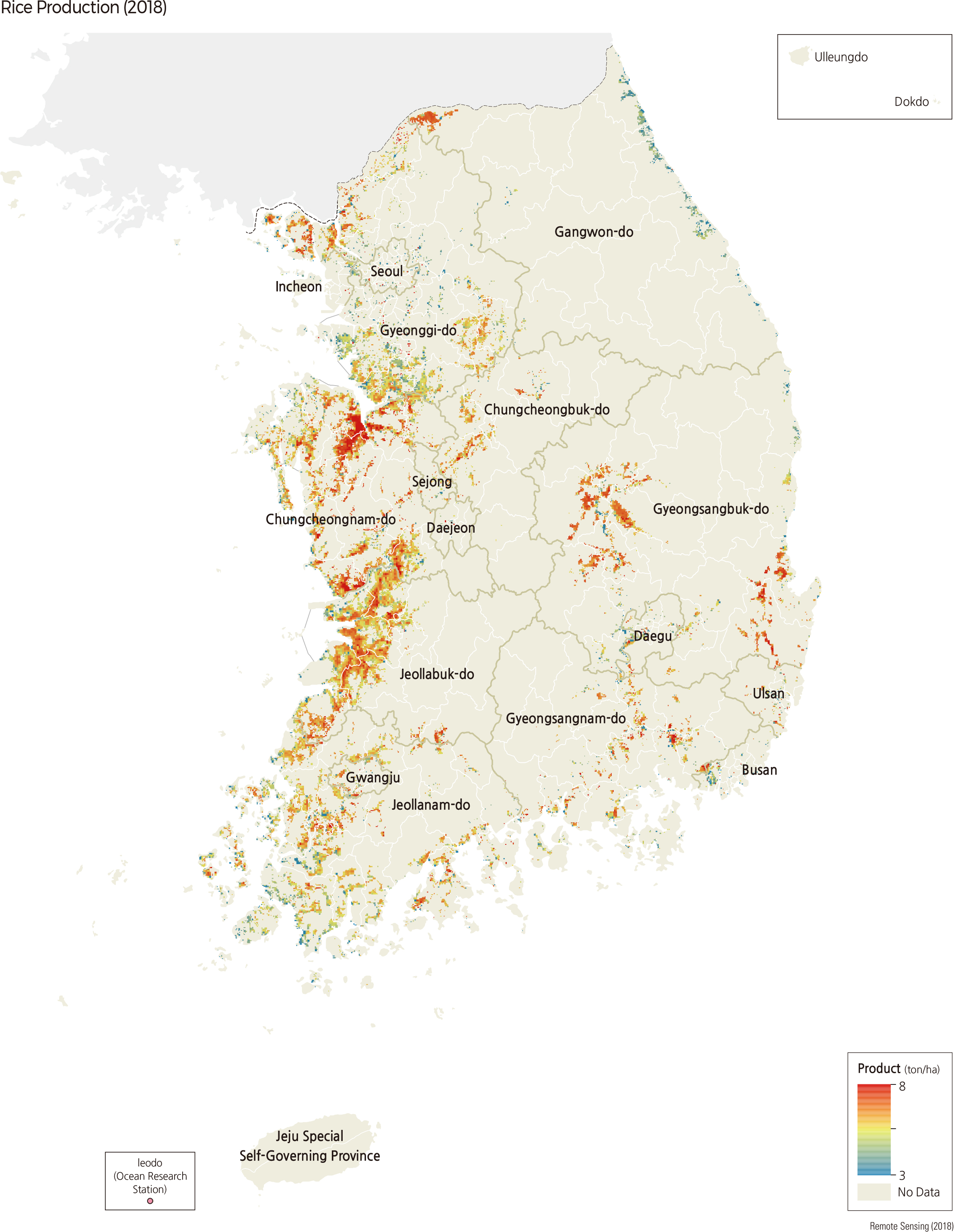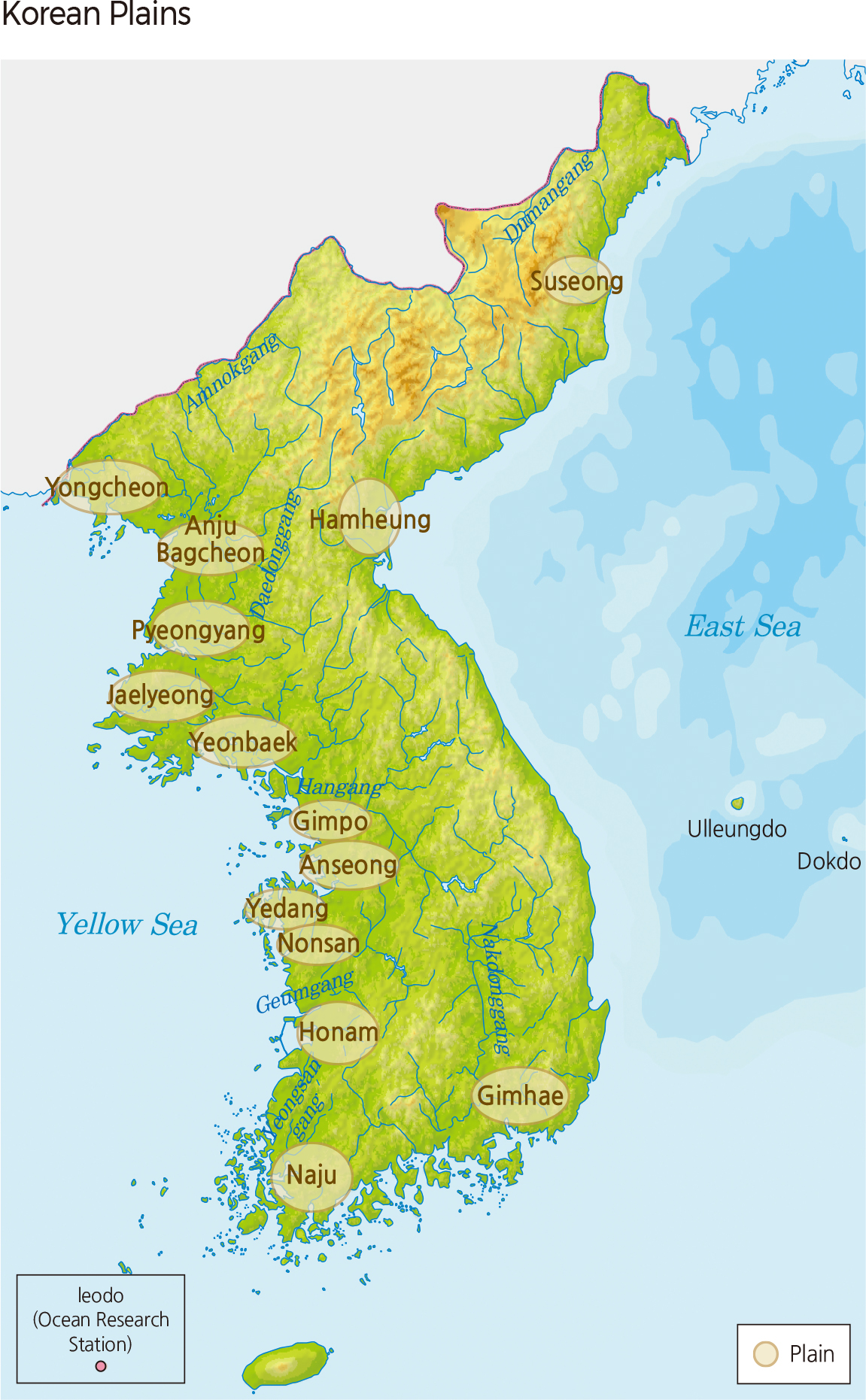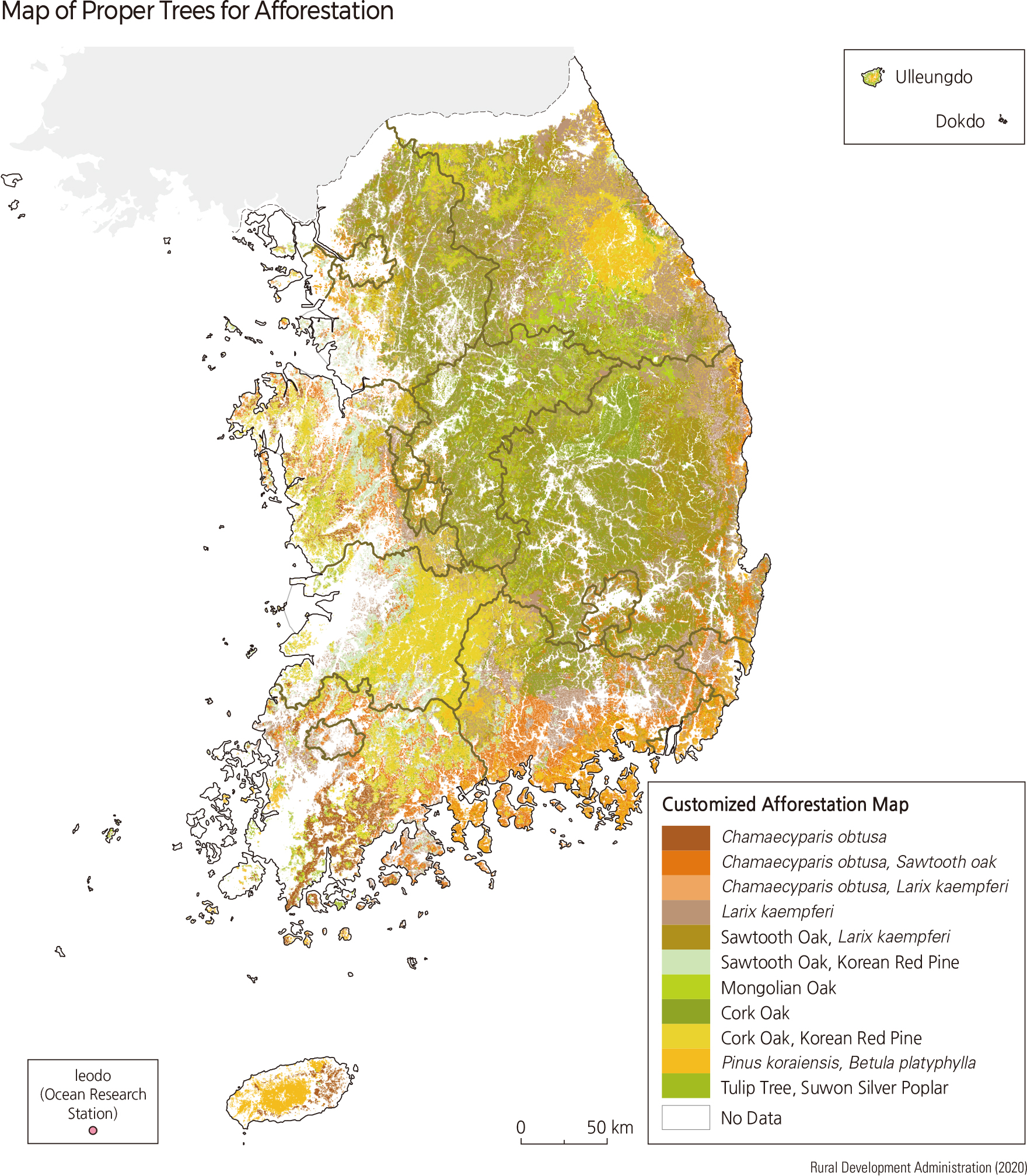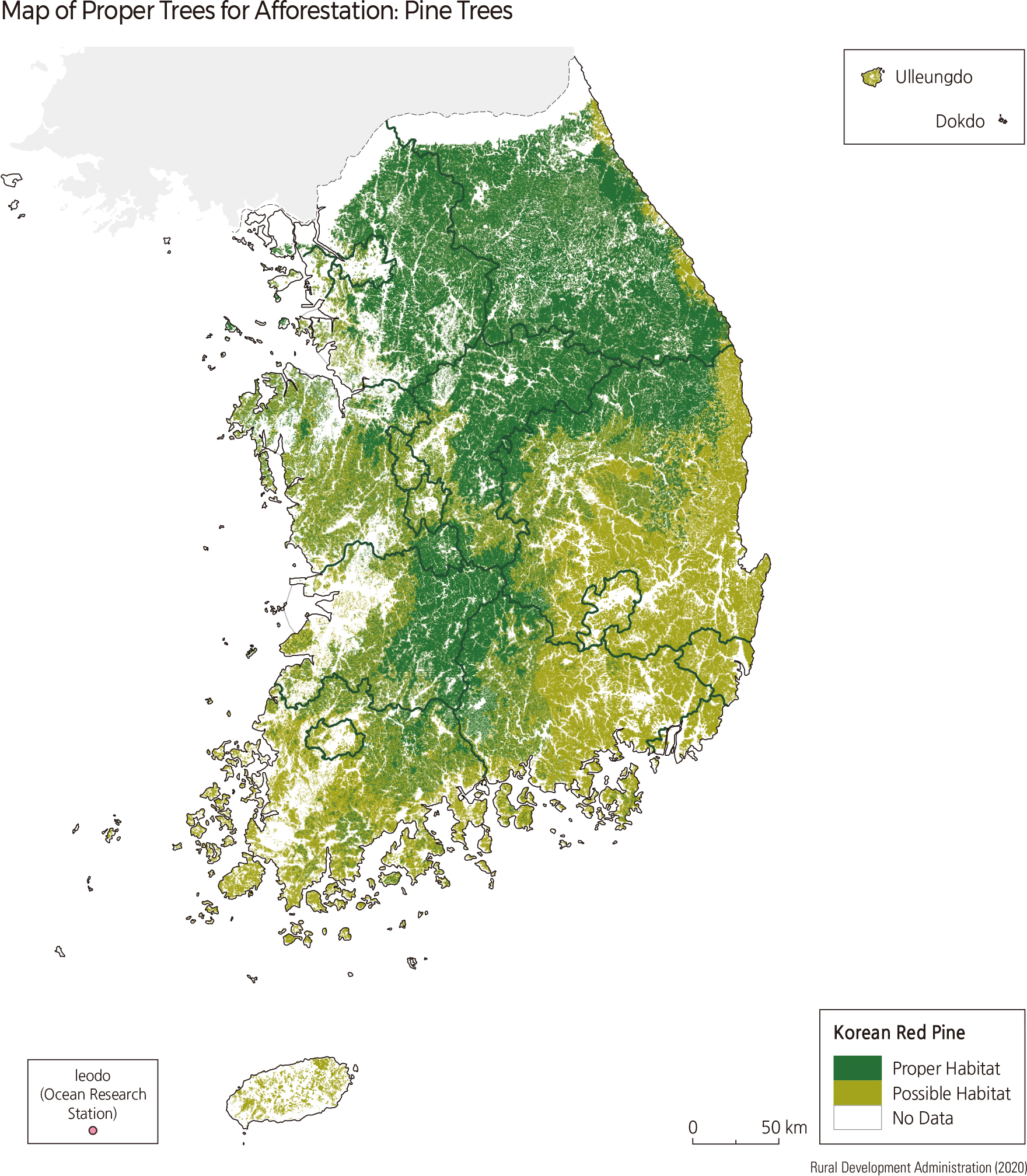English II 2020
Soil is an important natural medium for supporting plant growth and crop production. Recent changes in global climate are placing greater emphasis on soil's role as a surface medium connected to water, atmosphere, and terrestrial vegetation. Hence, to respond to increasing societal demands for detailed knowledge regarding soils, there is a need to better understand the spatial distribution of and temporal changes in soils and their nutrient status.
Soil fulfills various ecological functions and provides many benefits by aiding in providing dwelling space, cultivating water resources, recycling nutrients, maintaining biodiversity, purifying pollutants, and mitigating and adapting to climate change. The various benefits provide by soil are called soil ecosystem services. Soil ecosystem services in Korea are estimated to be worth about 1,190 trillion won. It is necessary to evaluate and manage soil quality or soil health to sustain soil ecosystem services. It is also necessary to understand the various physical and chemical properties of soils related to soil function to properly evaluate soil quality. For example, soil organic matter is a key soil property that determines soil quality.
The organic matter supplied by animals and plants on the surface and in the soil serves to supply nutrients to the soil. Soil carbon stock, which reflects the amount of organic matter in the soil, is an important indicator for evaluating the carbon balance of agricultural land and the global carbon balance.
The soil's organic carbon stock can be calculated by extracting the organic content per soil horizon and the volumetric density data from detailed soil maps. By this method, the national soil carbon density for up to 1 m in depth is estimated to be around 5kg/㎡, and the total carbon stock comes out to 449 gigagrams (Gg). According to the type of land use, forests have the highest total carbon stock at 249 Gg, followed by agricultural land at 174 Gg, and grassland at 16 Gg.
Modern industrial agriculture uses water intensively, exacerbating water shortages and water pollution. Moreover, it is predicted that drought and water shortages will become more severe due to climate change. Therefore, reducing the intensive use of water in agriculture is a key adaptation policy for addressing climate change. Ecological organic agriculture reduces the need for intensive irrigation, increases soil water retention capacity, and improves water quality.
The water retention capacity of the soil is one of the most important soil factors affecting plant growth, carbon storage, nutrient circulation, and the rate of photosynthesis. The water retention capacity of the soil is determined by the soil volume density, taking into account the soil particle size and organic matter content. It determines the current physical state and characteristics of the soil and affects the hydrological cycle by controlling infiltration, runoff, and evapotranspiration rates, which greatly affect the climate. Korea aims to improve land use efficiency and adaptability to climate change by analyzing the spatial distribution of water retention capacity |
